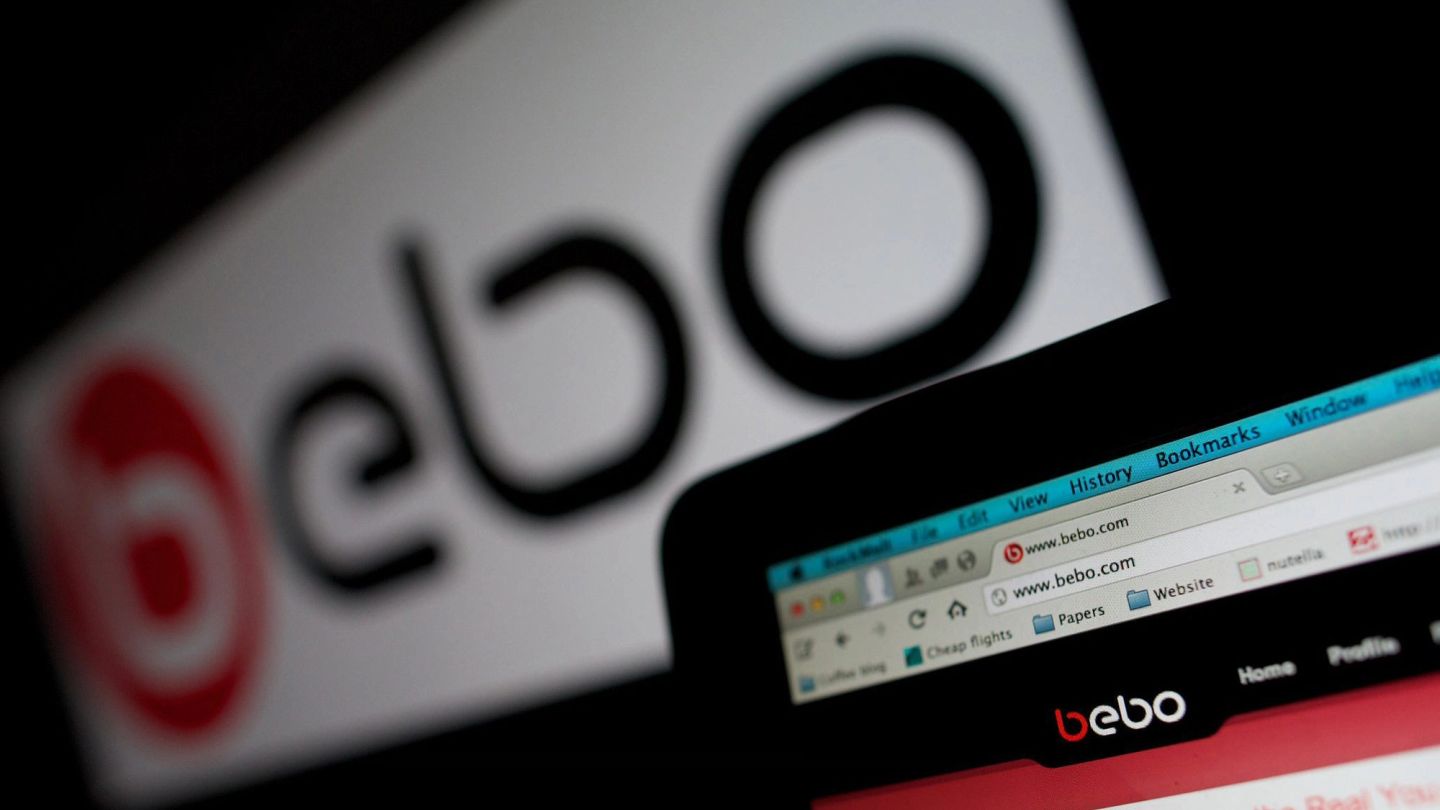
Watches -- 19 days ago

“Sooner or later, everything old is new again,” goes the noted Stephen King line. And, in 2021, a year in which a mauling public health crisis continues to usher us towards taking shelter in the familiar and comforting, Bebo, the social media phenomenon which drew cult devotion during the noughties, is back, according to an announcement on its website.
Discover the perks of being a member
| Clubhouse Membership | |
|---|---|
| Two Magazines per yearDelivered to your door | |
| Full Access to Paywall contentAccess to all member-only online features | |
| Membership Cardto redeem all the perks. | |
| Members Invites to Exclusive Eventsto private Clubhouse events | |
| Weekly newsletter Straight to your inbox | |
To receive the latest in style, watches, cars and luxury news, plus receive great offers from the world’s greatest brands every Friday.
